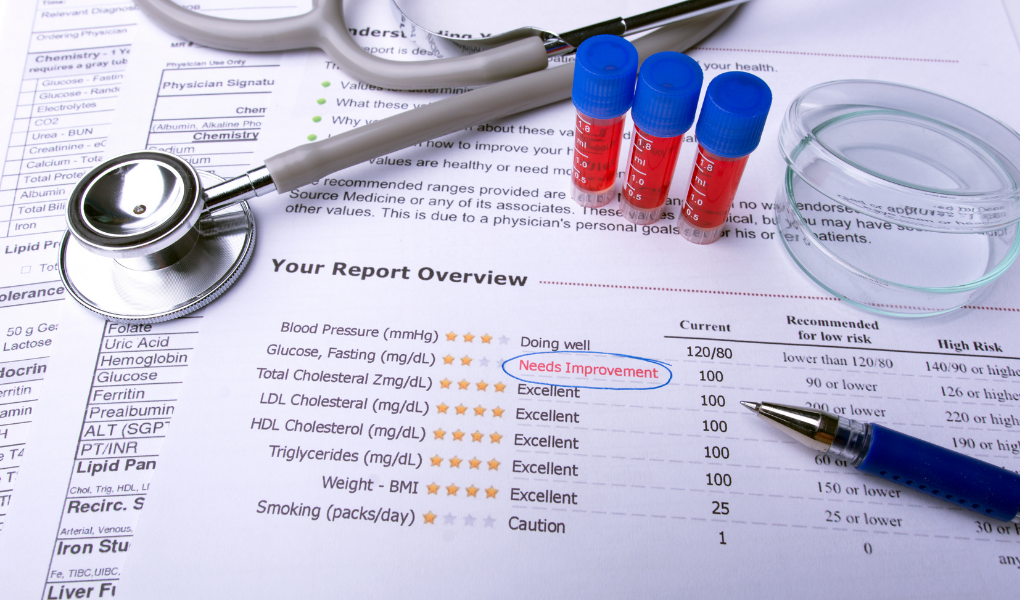Imaging Disparities in Radiology
What are the factors that impact imaging disparities, and how can these imaging disparities be overcome for better health outcomes?
Diagnostic Error Disparities
What does a holistic examination of diagnostic error disparities look like? Medical researchers from The Society to Improve Diagnosis in Medicine (SIDM) and Johns Hopkins University examined and attacked the question head-on.
Disparities in Echocardiography and Solutions for Heart Health Care
What kind of diagnostic testing disparities in race, age, and sex are patients up against for obtaining echocardiograms in the U.S., and how can heart health outcomes be overcome?
Is Diagnostic Testing the Hidden Gem of Healthcare?
Diverse Health Hub and its Pro Hub members are proud to have participated in the COLA Laboratory Enrichment Forum this year in Florida. Read to learn more about COLA.
How Can Laboratory Scientists Help With Equitable Care Delivery?
How can work toward equitable care delivery be aided by laboratory scientists? Dr. Brandy Gunsolus and Dr. Dana Powell Baker share their perspectives and hopes for the future.
Blood Test Shows Aging of Organs
If a simple blood test could show how your internal organs are aging, would you want to know? A recent study revealed information that could assist healthcare professionals in providing vital care sooner for patients with a rapidly aging organ.
Can Artificial Intelligence in Ultrasounds and Scan Results Improve Diagnostic Testing?
An informed and balanced approach must be taken with artificial intelligence to ensure that optimal benefits prevail for patients while also decreasing long-standing healthcare disparities.
Advancing Diagnostic Equity
Algorithms are used to diagnose kidney and lung disease and to determine which method of childbirth is best for expecting mothers. These equations consider various factors, including your age, test results, and race.
How Skin Tone Influences Pulse Oximeter Accuracy
Recent evidence shows that pulse oximeter, a small device that measures oxygen, inaccurately measures low blood oxygen levels in patients with darker skin. Yet, the same device is still used as a standard of care today.
Making EEG Testing More Inclusive for All Hair Types
People with coarse, curly hair are often denied opportunities to participate in neuroscience research that uses electroencephalogram (EEG) testing due to standard electrodes being unable to reach the scalp. What can be done to help?
Moving From Race-Based Corrections to Race-Conscious Medical Care
Medicine’s use of race can have the effect of reinforcing false, disproven ideas of race and biology and relying on racist assumptions. The continued use of eGFR means the kidney function of Black patients may appear better than it is, and patients may not get the treatment they need.
Is Racial Bias in Diagnostic Testing Killing People?
BIPOC patients are endangered in America’s healthcare system. Racially biased diagnostic tests are misdiagnosing BIPOC patients, inaccurately hiding the severity of their health issues. This lethal predicament affects some patients' chances to receive timely care and access to crucial resources.
Eliminating Racial Disparities in Cancer Outcomes
Going through cancer isn’t easy for anyone. However, there are groups with clear racial disparities in cancer outcomes. Here is a look at recent developments and collaborations toward eliminating racial disparities so ALL patients have optimal outcomes.
Overcoming Barriers to Equitable Care With Medical Lab Tests Series
We hope to help reduce the estimated 40,000 to 80,000 annual deaths due to preventable diagnostic errors. Here’s a look at some recent efforts toward equitable access and education efforts in clinical laboratory medicine.














